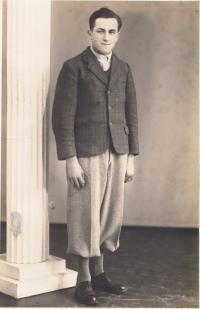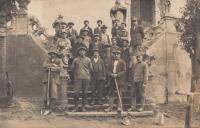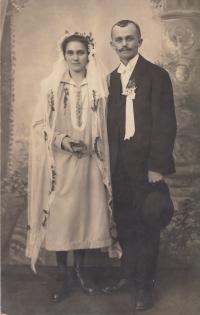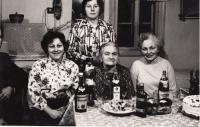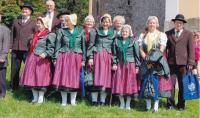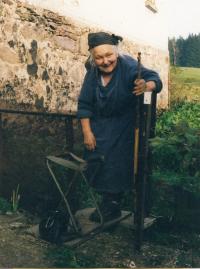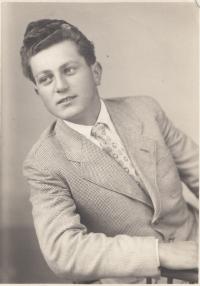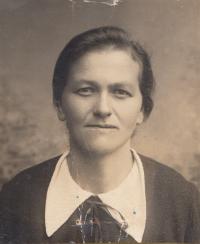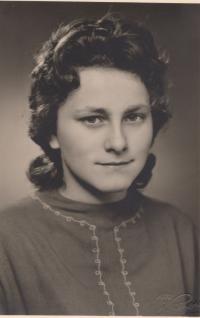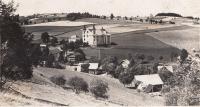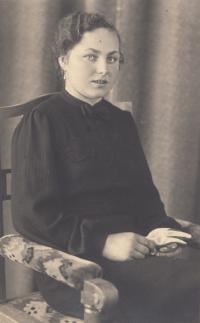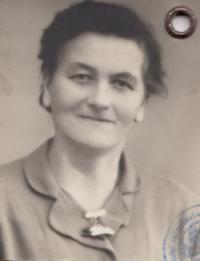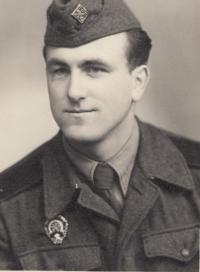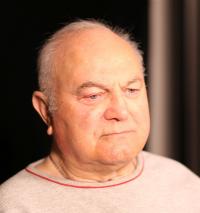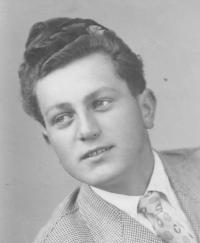I like people

Stáhnout obrázek
Alois Heinrich Galle was born on July 7, 1937 in Neratov in Orlické (Eagle) Mountains. His parents Stephanie and Franz were small farmers. His father was drafted to the wehrmacht in 1944 and he died probably on the eastern front. Alois‘ eldest brother Heinrich joined the Hitlerjugend and he was subsequently drafted to the wehrmacht as well. He was wounded in the USSR, captured and released only in 1949 into the then German Democratic Republic and he decided to stay there for good. When he was a little boy, Alois Galle experienced the end of the war, the arrival of the Red Army and the so-called wild deportation. He did his military service in the Auxiliary Technical battalions (PTP) in Jihlava, Rajhrad, Maletín and Božice. Although he was asked to become a member of the Communist Party a number of times, he has never conceded. In 1992 he established a choir of singers called Der Adlergebirgler („Eagle Mountain People“) and he still serves as its choirmaster. They sing traditional German songs from the Eagle Mountains as well as from other regions. Alois Galle is also actively engaged in cross-border cooperation with emigrants from the Sudetenland.
